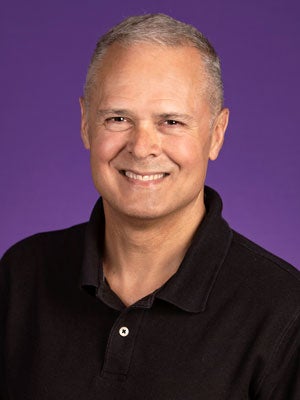Jeffrey McKinnon

Education
- Ph.D., Dept. of Organismic and Evolutionary Biology, Harvard University, 1994
- M.Sc., Zoology (Marine Ecology), University of Guelph, Canada, 1988
- B.Sc., Honors Zoology, University of British Columbia, Canada, 1984
Research Interests
The Evolution of Sexual Dimorphism and Female Display Traits
In the course of another project we noticed that many female sticklebacks at one site had conspicuous red throats, and we became interested in the evolution of such traits. This work, currently our main project for students, has involved behavioral experiments on mate choice; hormones; color and behavior; QTL analyses (part of Lengxob Yong’s PhD); studies of gene expression; and currently a large GWAS study. This project has also morphed into a more integrative study of stickleback color pattern dimorphism, including pelvic spine coloration and the histology of color pattern divergence and convergence.
Color Pattern Evolution Across the Sticklebacks
We are intrigued by the diversity of sticklebacks in the Canadian maritimes and have been implementing new methods of UV-Vis image analysis, in a comparative study that has begun with Fourspine stickleback, Apeltes quadracus. Some of this work has been in collaboration with Anne Dalziel of St. Mary’s University.
Study Abroad, Inquiry and Field Intensives in 1st Year Biology
We also work to advance science pedagogy. Lately this has involved collaborations (most recently with Heather Vance-Chalcraft, ECU) on field-intensive study abroad versions of Introductory Biology laboratories, now taking place each spring break in Costa Rica. To help train students for the course we set up tools for learning to identify some common Costa Rica (La Selva) birds. I have also been involved in training graduate students in the mentoring of undergraduate researchers.